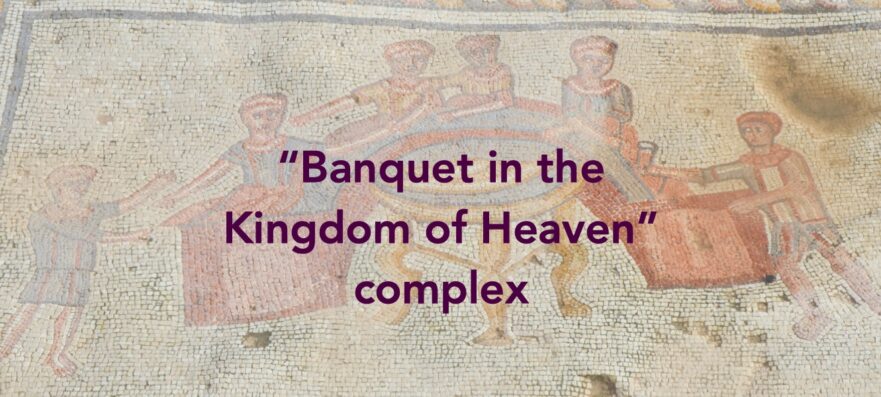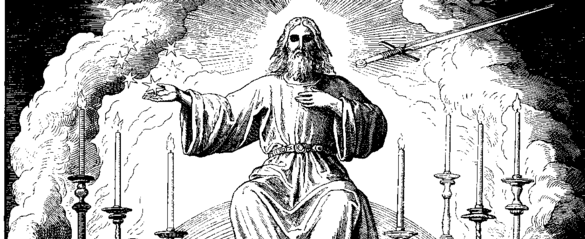How commitment to social justice in this world determines one’s place at the messianic banquet in the world to come.
Innocent Blood
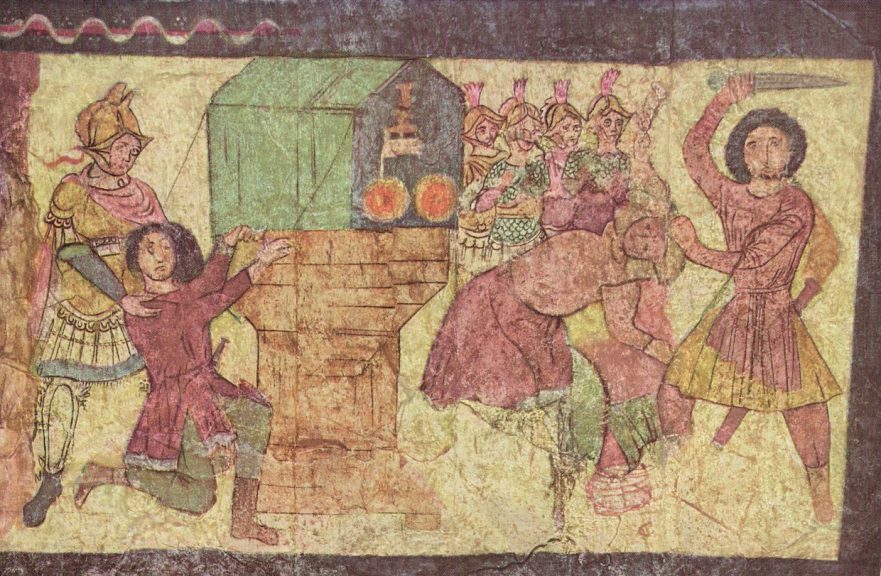
How well-read was Jesus? The LOY segment entitled Innocent Blood probes the possibility that Jesus read and quoted a no-longer-extant Second Temple-period Jewish literary work that warned against violent religious extremism.
Persistent Widow Parable
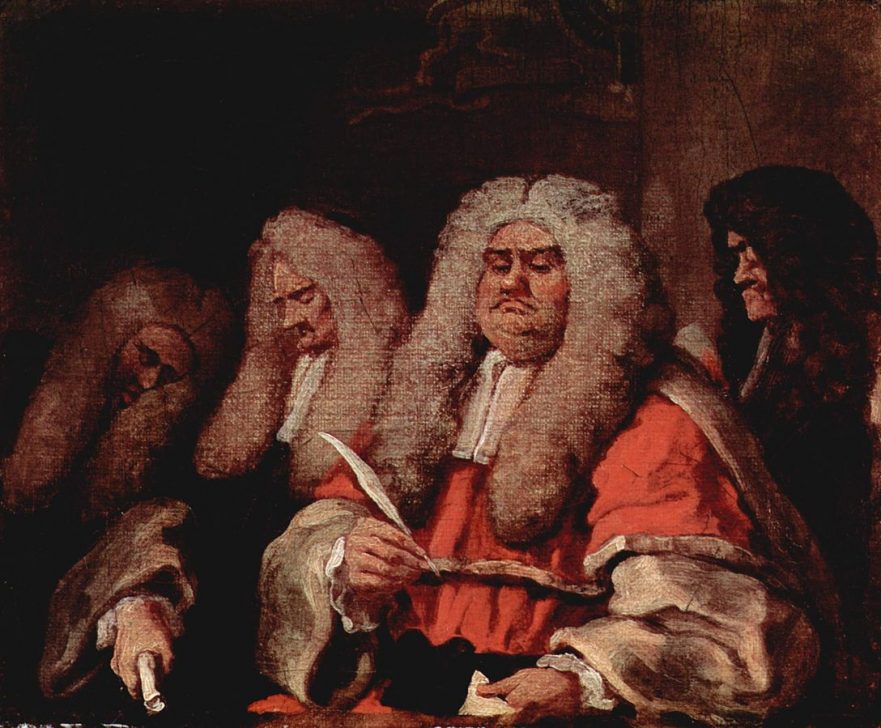
In what way is God similar to a crooked judge? Do believers have to pester God into action? Explore questions such as these in the LOY commentary on the Persistent Widow Parable.
Why Do the Wicked Prosper?
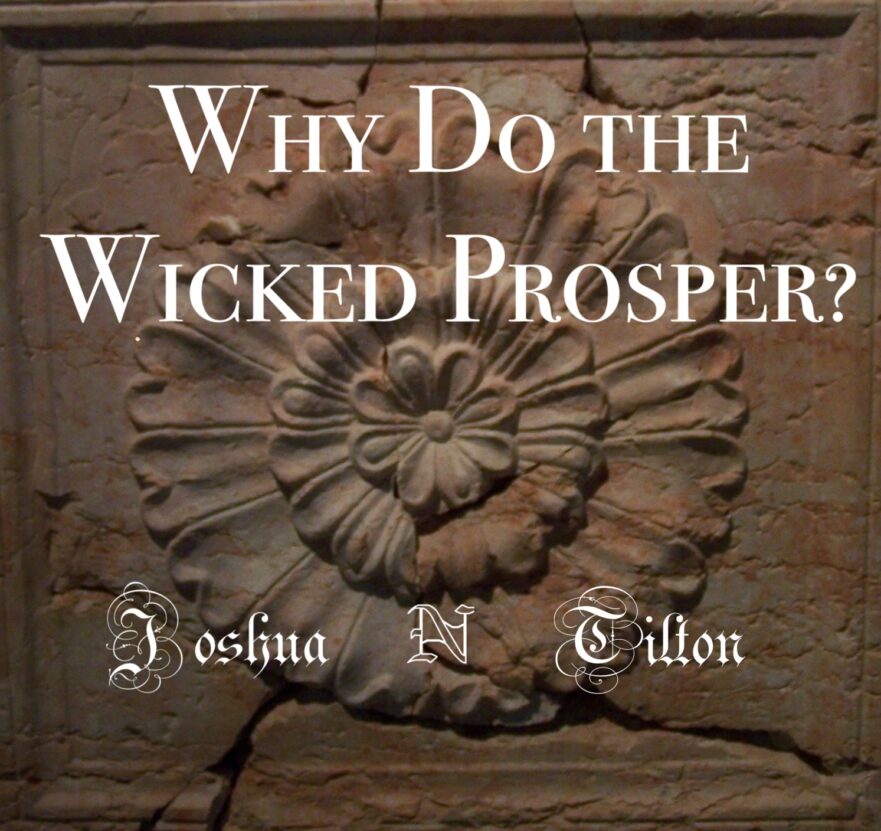
Why do the wicked prosper? No one knows, but ancient Jewish thinkers reminded the faithful that appearances are not always what they seem.
Hebrew Nuggets, Lesson 32: Justice

In this lesson we will learn two new letters, the Hebrew “p” sound, including its “final” form, and the second of two Hebrew “t” sounds.
Lord’s Prayer

David Bivin and Joshua Tilton envision how the Lord’s Prayer might have been formulated in its original language and explore the ancient Jewish context to which the Lord’s Prayer belongs.
Parables of Ill Repute
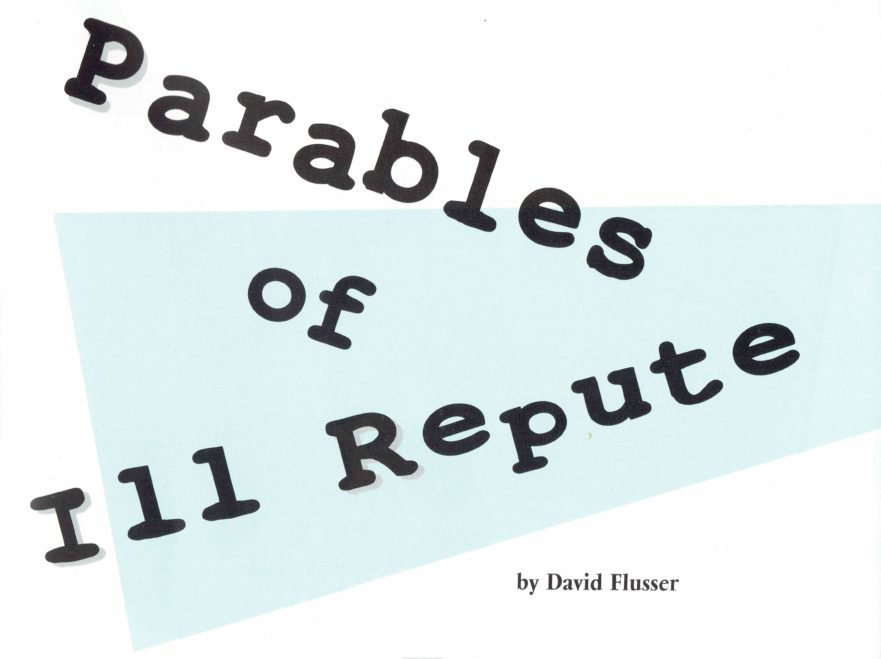
In rabbinic parables God could be portrayed as behaving in a morally ambiguous manner: he might be a cruel slave owner or a heartless judge. In a few Lukan parables, Jesus also portrayed God as behaving scandalously. Often unsettling for modern readers, such portrayals added humorous elements to the plot and heightened the dramatic effect.

